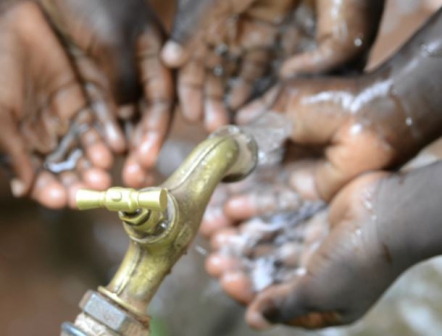
When a cholera outbreak occurred during a health conference in Nairobi earlier this year, it made headlines around the world. For many, the idea of cholera spreading at a high-profile event was surprising. But for my colleagues in the global health community working to contain this disease that can claim lives in just hours, another preventable outbreak in a year marred by devastating outbreaks in Somalia and Yemen was a sobering blow.
Ahead of an upcoming high-level panel on cholera due to be held in Geneva in October, the Kenyan outbreak has taught us many lessons on how we fight this disease.